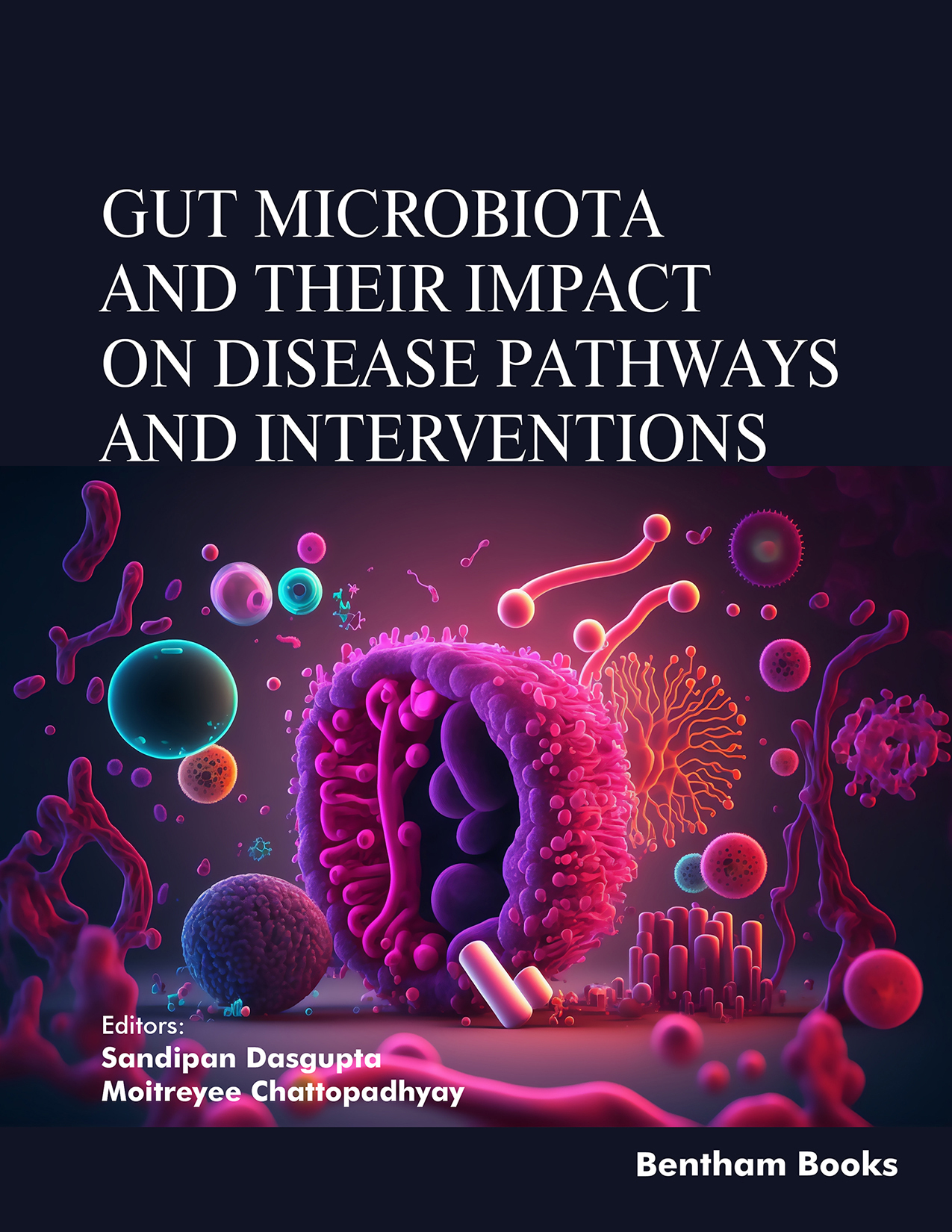Embark on an illuminating exploration into the intricate universe thriving within us: the realm of gut microbiota. This comprehensive book unravels the profound interplay between these microscopic inhabitants and human health, unveiling their pivotal roles in various physiological processes and disease states.
The human gut hosts a vibrant ecosystem, populated by trillions of microorganisms encompassing bacteria, viruses, fungi, and archaea. Collectively, they constitute the gut microbiota—a dynamic community with far-reaching impacts on our well-being. From facilitating digestion and nutrient uptake to modulating our immune responses and influencing mood and cognition, the gut microbiota is a cornerstone in nearly every facet of human health.
Initially, the book establishes a robust groundwork, defining the gut microbiota and examining its multifaceted composition. It explores the varieties of prebiotics that nourish these microbial communities and the metabolites generated by probiotics, illuminating the intricate biochemical processes occurring within our intestines.
Venturing further, the book uncovers the critical role of gut microbiota in conditions such as inflammatory bowel diseases (IBD), obesity, cardiovascular diseases, Type 2 diabetes, and even ocular ailments. Each segment offers an in-depth examination of the respective condition, elucidating the intricate links between gut microbiota dysbiosis and disease development. Additionally, cutting-edge treatment modalities, ranging from microbiota-targeted therapies to innovative interventions were discussed.
A particularly fascinating facet of gut microbiota research is its relevance to neurological disorders, underscoring the profound connection between gut health and brain function. Through the gut-brain axis, the microbiota exerts influence over neurological well-being, potentially unlocking novel therapeutic avenues for conditions like Alzheimer's disease, Parkinson's disease, and depression.
The book also delves into diverse strategies for modulating the gut microbiota, encompassing probiotics, prebiotics, faecal microbiota transplantation, and dietary modifications. These interventions present promising opportunities for fostering a balanced gut microbiome and reducing disease risk.
Exploring the realm of gut microbial metabolites reveals their potential as diagnostic markers and therapeutic targets. From advancing drug development to enabling personalized medicine, these metabolites hold transformative potential for healthcare and disease management.
In the concluding chapters, the future trajectory of gut microbiota research, spotlighting emerging trends, untapped frontiers, and the challenges and prospects on the horizon has been contemplated. The ongoing pursuit to decode the intricacies of the gut microbiota promises to yield fresh insights into human health and disease, catalysing innovative interventions and personalized therapeutic strategies.
I ardently hope that this book serves as an invaluable resource for researchers, healthcare professionals, and anyone captivated by the profound impact of gut microbiota on human health. May it kindle curiosity, stimulate discussions, and guide us towards a deeper appreciation of the microbial cosmos dwelling within us.
Sreenivas Patro Sisinthy
Associate Professor, University of Nottingham, Selangor, Malaysia

